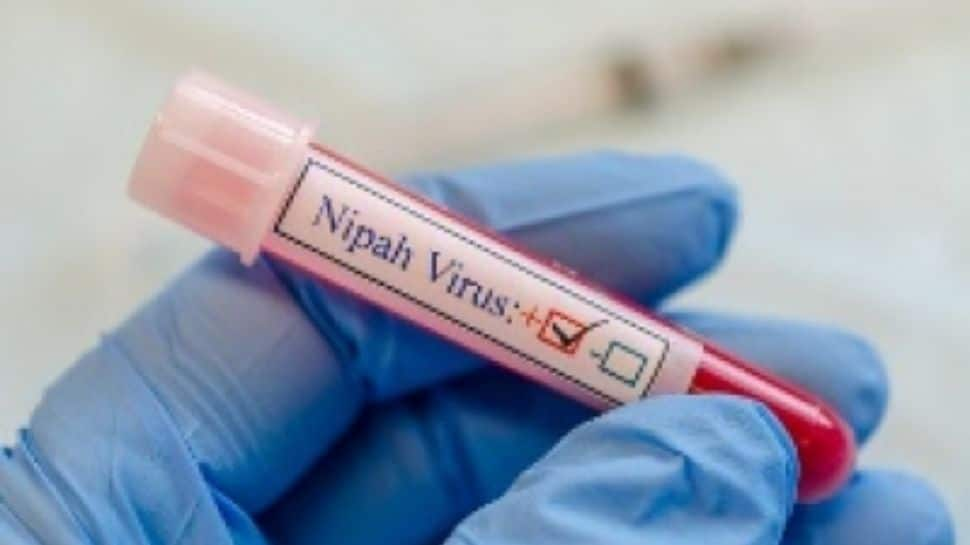The alleged ‘unnatural’ death of two people in Kerala’s Kozhikode district has raised alarm bells in the state. According to news agency PTI, Kerala Health Minister Veena George said that relatives of one of the deceased have been admitted to the intensive care unit. Nipah virus infection is basically a zoonotic disease and can spread from animals to humans; Additionally, it can also spread through contaminated food or contact. The current suspected case was reported about 15 km away from the location where the initial outbreak of Nipah virus in southern India was first identified in Kozhikode in May 2018 and again in 2021. Dr. Kush Ohri, Senior Consultant Internal Medicine, Metro Hospitals & Heart Institute, Noida, Uttar Pradesh talks about the symptoms and preventive measures.
What is Nipah virus?
According to the World Health Organization, “Nipah virus infection is a zoonotic disease that spreads from animals to people, and can also be spread through contaminated food or directly from one person to another. In infected people, it can cause a variety of diseases. ranging from asymptomatic (subclinical) infection to acute respiratory illness and fatal encephalitis. This virus can also cause severe disease in animals such as pigs, resulting in significant economic losses to farmers.”
Nipah Virus: Major Symptoms
Dr. Kush Ohri has given the following symptoms and side effects of the Nipah virus
1. Fever : One of the early symptoms of Nipah virus infection is high-grade fever that lasts for several days.
2. Encephalitis: Nipah virus can cause inflammation of the brain (encephalitis), causing symptoms such as unbearable headache, drowsiness, confusion and disorientation.
3. Respiratory Problems: Infected individuals may have respiratory problems including cough, sore throat and difficulty breathing.
4. Muscle Pain: Muscle aches, body aches and fatigue are common symptoms of Nipah virus infection.
5. Nervous System Problems: In severe cases, Nipah virus infection can lead to seizures, coma and even death.
Measures to prevent Nipah virus
1. Avoid direct contact: Minimize direct contact with infected animals, especially bats and pigs, as they are considered the primary source of Nipah virus transmission.
2. Practice Good Hygiene: Wash your hands frequently with soap and water, especially after contact with animals or their body fluids.
3. Cook food thoroughly: Make sure meat and other animal products are cooked thoroughly before eating to kill any potential viruses.
4. Use Personal Protective Equipment: If you are involved in caring for or handling animals, wear appropriate personal protective equipment, such as gloves and a mask, to reduce the risk of exposure.
5. Stay informed: Stay updated with the latest information and guidance provided by local health authorities regarding the Nipah virus outbreak in your area.
Nipah Virus: What to do if you are feeling unwell?
“If you experience any symptoms of Nipah virus infection, such as fever, respiratory problems, or neurological problems, seek medical help immediately. Avoid exposure to animals or areas with recent Nipah virus outbreaks. Inform healthcare providers about. By staying informed and following necessary preventive measures, you can reduce the risk of Nipah virus infection and protect yourself and your community. Stay alert, practice good hygiene and protect your health and Prioritize wellness,” says Dr. Kush Ohri.
